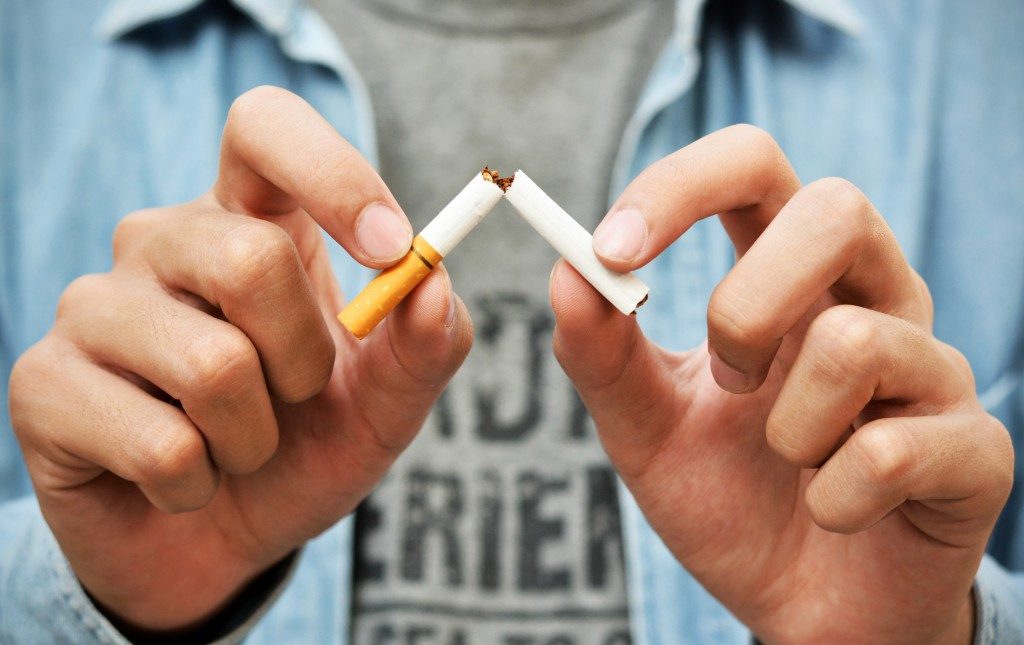Smoking is arguably one of the unhealthiest things that you can do. This vice increases your risk of developing various fatal health problems, including lung and throat cancer, as well as heart diseases. But one aspect that is not discussed often but is actually greatly affected by tobacco use is oral health.
The Centers for Disease Control and Prevention (CDC) defines oral health as the state of the mouth, including the teeth and gums, which allow people to chew, speak, and smile. The CDC says that oral health problems range from tooth decay and loss to more serious conditions like gum disease and oral cancer.
How the teeth are affected
Tobacco use results in a lack of oxygen in the bloodstream, which could cause infections and eventually, tooth discoloration, plaque buildup, and tooth loss. Aside from these, other dental and oral problems that could arise are inflammations, loss of bone in the jaw, and periodontal disease.
If early symptoms of periodontal diseases are not treated, bone support for a tooth may be lost, leading to tooth extraction. Emergency dental care in Meridian may be needed in extreme cases of gum disease or when complications seem to be fatal.
Smokers also face a higher risk of developing oral cancer. Records show that about 90% of people suffering from oral cancer have smoked tobacco. And in the United States alone, nearly 9,000 deaths were reported from the 40,000 cases of oral cancer diagnosed in 2012.
Kicking the bad habit
If you value your smile and do not want to risk your health, you have to consider quitting the habit or at least, reducing your tobacco use. Reducing tobacco intake, say, resorting to half packs, halves your chances of developing gum diseases and cancers.
Quitting, however, takes time and lots of effort and determination. Doctors and dentists can help ease patients’ cravings through medications, both over-the-counter and prescription. You can take lozenges and nicotine gums, or use patches and inhalers. There are also counselling programs and support groups available to help smokers reduce and eventually, kick the habit.
Effective treatment

While some people are able to quit smoking alone, others may have a hard time and need assistance, for example, professional help for individual behavioral therapy. Also, you have to recognize first the instances that you are likely to smoke.
This will help you identify the appropriate coping mechanisms and stress management strategies that suit your case and will contribute to your healthy recovery from tobacco addiction. The chances of success of recovery increase greatly when the therapy is tailor fitted to your specific situation.
Quitting smoking is never easy. While many complications arise from smoking and tobacco use, with lung cancer being the most known, it is also worthy to note that other diseases such as gum and oral cancer have reached high numbers as well in the United States. Even though genetics can play a factor to a person's ability to quit, the need for treatment and recovery should also be considered strongly.

